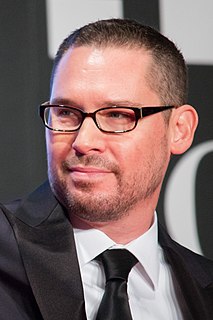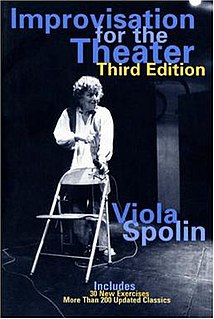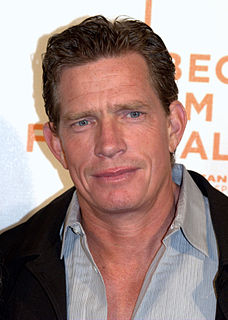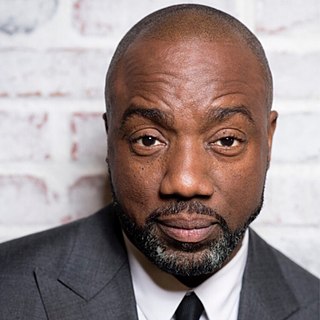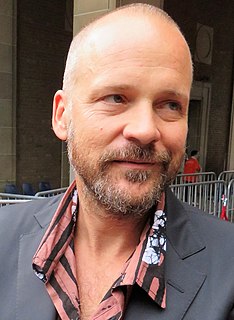A Quote by James Wan
One of the things I tried to do is to kind of talk my actors through the scene, but at the same time let them know how I plan to shoot the film and just give them an insight into the way I'm thinking, so that when they're acting out their scene, they can kind of see it in their minds' eyes.
Related Quotes
If you give the actors a problem 'I'm not getting something out of the scene' and it's the writing, we just don't have the scene, if you give them the problem and just give them some key thoughts they can bring some great solutions to the equation too. So if it's just not perfect, or I'm not getting all I can, I'll open it up to them and say let's talk about it.
My vision of punk rock was these dudes who were spitting on the audience and moshing. That's why I kind of left that scene. Then I see all these people around my same age or between 17 and 25 that were making music themselves in their own town. They weren't just singing, but creating. I see them putting out this music where there are tons of women involved in the scene and involved in the bands.
When you're studying drama, when you're a young actor, there are simple rules about acting. "Why am I here? What prevents me from leaving? What am I trying to get? How do I hide something?" So when you're making a film like Abel's movie, you want to be thinking about those things all the time. And you wanna be armed with those things, and you hope the other actors you're working with have the same understanding of drama and scene and acting. Sometimes it works and sometimes it doesn't.
Teaching I realized took up a lot of my time. I was a kind of a teacher that spent time with students, spoke to them after class, tried to help them out. I'd talk with them personally about their work and try to get out of them what they were thinking about, forcing them to thinking seriously and not just falling back on all the ideas that they had picked up someplace. And so I took my job teaching very seriously and that - as a result, it took up a lot of time.
So you have the challenge of just learning the lines, period, and not only learning them, but learning them to the extent that you assimilate them, so that you're not worried about what the next word is coming out of your mouth when it comes to doing a scene. And you're also in the trenches with the writers, just in the wonderful kind of back and forth of how is it best to say something, even if it involves four or five words. I love that kind of thing.
I've never done a kissing scene with someone even when you're friends. I mean that sort of even makes it weirder. If you don't know them or like them at all, you can kind of put some weird like ... I don't know. It's the strangest thing. Look at the person next to you and imagine making out with them now, while I film it.
I always thought the piano scene was kind of unique to shoot because we were actually able to film with the playback of the actual song. And that was quite amazing because it almost made it easier - music is usually something that is added after filming has finished so to be able to shoot a scene with music was really wonderful.
My editor and I remain very disciplined. It's just sometimes when you're making a film, you get into the cutting room and you see a scene that's slowing you down in a certain section, but if you remove that scene then, emotionally or story-wise, another scene a half-hour later won't have the same impact. You just get stuck with it.

